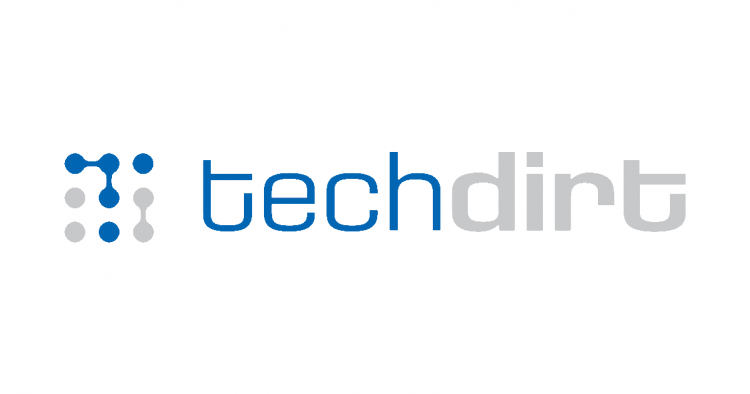from the this-could-get-interesting dept
Just a few weeks back we talked about how the US’s unwillingness to fix the way the NSA collects internet data could basically mean that most of the big US internet services cannot work in the EU. That article was about Google, and it goes through the background and history of the various US/EU privacy data sharing agreements, and how each one has been tossed out by EU courts in large part because of the NSA surveillance techniques brought to light by Edward Snowden. But much less attention has been paid to what this all means at a practical level.
The latest, though, is that Meta, the parent company of Facebook and Instagram, is making noises about how similar rulings regarding its services might mean that the company couldn’t offer either of those popular social media apps in the EU. I think this is unlikely how things will actually play out for a variety of reasons, but it is still worth watching closely.
While Facebook has pulled out the nuclear option like this once before in Australia, that was only on a small segment (and not an important one). If anything, this all seems like posturing by Meta to try to highlight how absurd some of the setup of the EU data protection regime is (even as EU policymakers whine that Facebook hasn’t been punished enough).
But, once again, the underlying issue here is only partially the setup of the GDPR. The real issue is the way the NSA surveillance works — and despite the many, many, many times people have pointed this out, the US has done basically nothing to fix all of that. Instead, it’s leaving US internet companies out to dry, and the end result might be a system that makes it effectively impossible for them to actually operate in the EU.
Of course, the US and the EU announced new data sharing rules recently, and, while it still seems likely that (years from now) these will also be struck down, it might give the kind of temporary reprieve that means that Facebook and Instagram remain accessible in the EU, and everyone just kicks the can down the road, rather than solving the underlying NSA problem.
Filed Under: data privacy, data protection, data transfers, eu, gdpr, nsa, privacy shield
Companies: facebook, instagram, meta
Source by www.techdirt.com





























